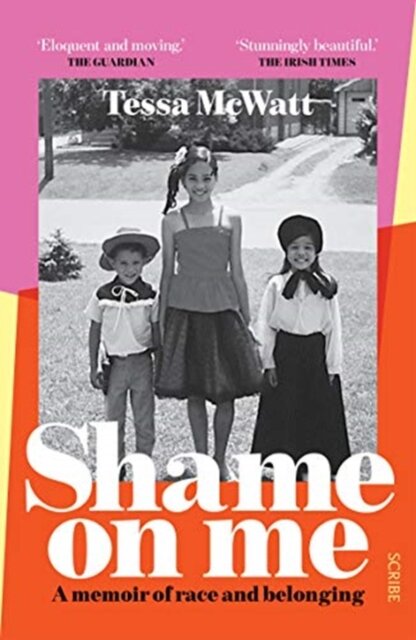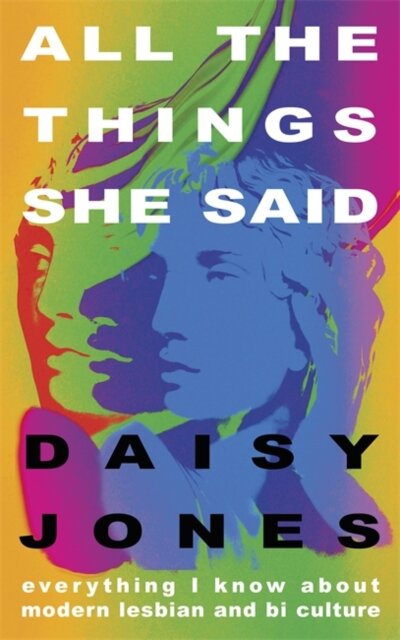Forbidden Lives - Norena Shopland
Forbidden Lives is a fascinating collection of portraits and discussions that charts the changing LGBT history of Wales, a neglected part of Welsh history in great need of positive revision. Activist and researcher Norena Shopland looks at the reasons for this neglect and guides the reader through the activity behind the recent growth of the LGBT profile in Wales. She also surveys LGBT people and their activity as far back as the twelfth century, when Giraldus Cambrensis reports on 'bearded women' and other hermaphrodites in his Journey Through Wales. Her subjects include Edward II and Hugh DeSpenser, seventeenth century poet Katherine Philips, the Ladies of Llangollen, Henry Paget, artists Gwen John and Cedric Morris, and actor Cliff Gordon.
In addition, Shopland identifies strong Welsh connections to twentieth century scientific and legal attitudes towards homosexuality and transgender, especially the contributions of John Randell, MPs Desmond Donnelly and Leo Abse, historian AE Dyson and activist Griff Williams. They transformed social and legal attitudes towards LGBT people across the whole of Britain, particularly during the post-war period, which helped to create the more today's more liberal culture. Chapters on the responses to Pride in Wales and We All Fall Down, the first gay play, show there is still more to achieve. But the stories of the people portrayed in the book are less likely to be repeated: the LGBT community has moved from living forbidden lives to a less forbidding place. Norena Shopland's book helps us comprehend the struggle for these changes.
Forbidden Lives is a fascinating collection of portraits and discussions that charts the changing LGBT history of Wales, a neglected part of Welsh history in great need of positive revision. Activist and researcher Norena Shopland looks at the reasons for this neglect and guides the reader through the activity behind the recent growth of the LGBT profile in Wales. She also surveys LGBT people and their activity as far back as the twelfth century, when Giraldus Cambrensis reports on 'bearded women' and other hermaphrodites in his Journey Through Wales. Her subjects include Edward II and Hugh DeSpenser, seventeenth century poet Katherine Philips, the Ladies of Llangollen, Henry Paget, artists Gwen John and Cedric Morris, and actor Cliff Gordon.
In addition, Shopland identifies strong Welsh connections to twentieth century scientific and legal attitudes towards homosexuality and transgender, especially the contributions of John Randell, MPs Desmond Donnelly and Leo Abse, historian AE Dyson and activist Griff Williams. They transformed social and legal attitudes towards LGBT people across the whole of Britain, particularly during the post-war period, which helped to create the more today's more liberal culture. Chapters on the responses to Pride in Wales and We All Fall Down, the first gay play, show there is still more to achieve. But the stories of the people portrayed in the book are less likely to be repeated: the LGBT community has moved from living forbidden lives to a less forbidding place. Norena Shopland's book helps us comprehend the struggle for these changes.
Forbidden Lives is a fascinating collection of portraits and discussions that charts the changing LGBT history of Wales, a neglected part of Welsh history in great need of positive revision. Activist and researcher Norena Shopland looks at the reasons for this neglect and guides the reader through the activity behind the recent growth of the LGBT profile in Wales. She also surveys LGBT people and their activity as far back as the twelfth century, when Giraldus Cambrensis reports on 'bearded women' and other hermaphrodites in his Journey Through Wales. Her subjects include Edward II and Hugh DeSpenser, seventeenth century poet Katherine Philips, the Ladies of Llangollen, Henry Paget, artists Gwen John and Cedric Morris, and actor Cliff Gordon.
In addition, Shopland identifies strong Welsh connections to twentieth century scientific and legal attitudes towards homosexuality and transgender, especially the contributions of John Randell, MPs Desmond Donnelly and Leo Abse, historian AE Dyson and activist Griff Williams. They transformed social and legal attitudes towards LGBT people across the whole of Britain, particularly during the post-war period, which helped to create the more today's more liberal culture. Chapters on the responses to Pride in Wales and We All Fall Down, the first gay play, show there is still more to achieve. But the stories of the people portrayed in the book are less likely to be repeated: the LGBT community has moved from living forbidden lives to a less forbidding place. Norena Shopland's book helps us comprehend the struggle for these changes.






